In Eldorado do Sul, Brazil, on May 7th, emergency responders sprang into action to aid those stranded in the wake of devastating floods that have ravaged southern Brazil`s Rio Grande do Sul state. The calamity has claimed at least 90 lives, rendered thousands homeless, and left survivors grappling for sustenance and essentials.
In the outskirts of Eldorado do Sul, a mere 17 kilometers (approximately 10.5 miles) from Porto Alegre, the state capital, many individuals found themselves bedding down along roadsides, recounting tales of hunger to Reuters reporters. Families, laden with their scant possessions packed into backpacks and makeshift carts, embarked on foot, desperate for refuge and provisions.
Ricardo Junior, one of the affected youths, lamented, "We`ve been without food for three days and we`ve only just got this blanket. I`m with people I don`t even know, I don`t know where my family is."
Rescue endeavors faced formidable challenges as floodwaters impeded access, leaving scores awaiting evacuation from inundated residences. In a scene reminiscent of a disaster film, small vessels navigated the submerged streets in search of survivors.
Official figures from the state`s Civil Defense agency underscored the magnitude of the crisis, citing a death toll of 90, with an additional four fatalities under investigation. Meanwhile, 131 individuals remained unaccounted for, and a staggering 155,000 found themselves displaced.
The relentless downpours, commencing last week, have transformed tranquil rivers into torrents, engulfing entire communities and obliterating vital infrastructure. Although a respite is anticipated by Thursday, forecasts suggest the precipitation will persist into the weekend.
Experts in climatology attribute this deluge to a perfect storm of meteorological phenomena. The current El Niño event, characterized by Pacific Ocean warming, collides with a feeble Antarctic cold front, ushering in rain and gales to southern Brazil. Furthermore, anomalies in Atlantic Ocean temperatures amplify humidity levels, exacerbating the situation.
Marcelo Schneider, a researcher at the National Meteorology Institute (Inmet), underscores the role of climate change in exacerbating these natural dynamics, accentuating the unpredictability of weather patterns.
In the aftermath of this catastrophic event, communities in Rio Grande do Sul face the arduous task of rebuilding amidst the specter of an increasingly capricious climate.


-20240508154917.jpg)

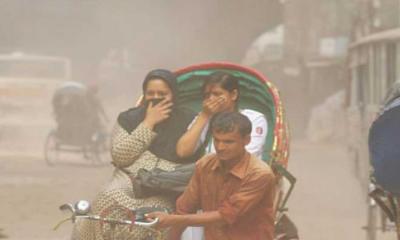
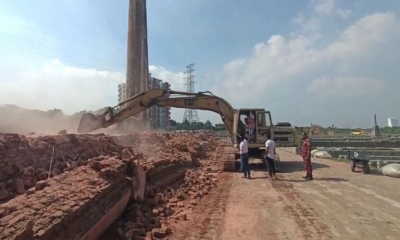
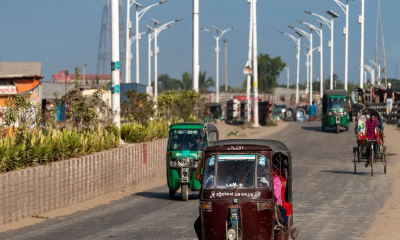
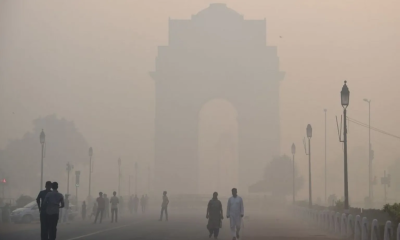
-20251226051932.jpeg)
-20251222051606.jpeg)






-20260224075258.webp)


-20260224065127.webp)

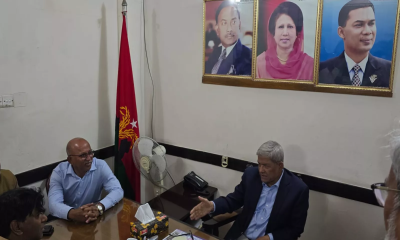
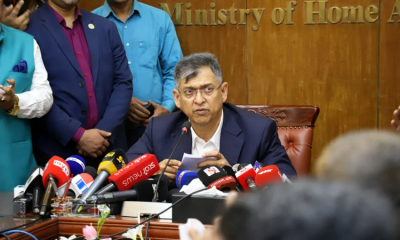
-20260223082704.webp)
-20260223074941.jpeg)












-20260218060047.jpeg)
-20260219054530.webp)
